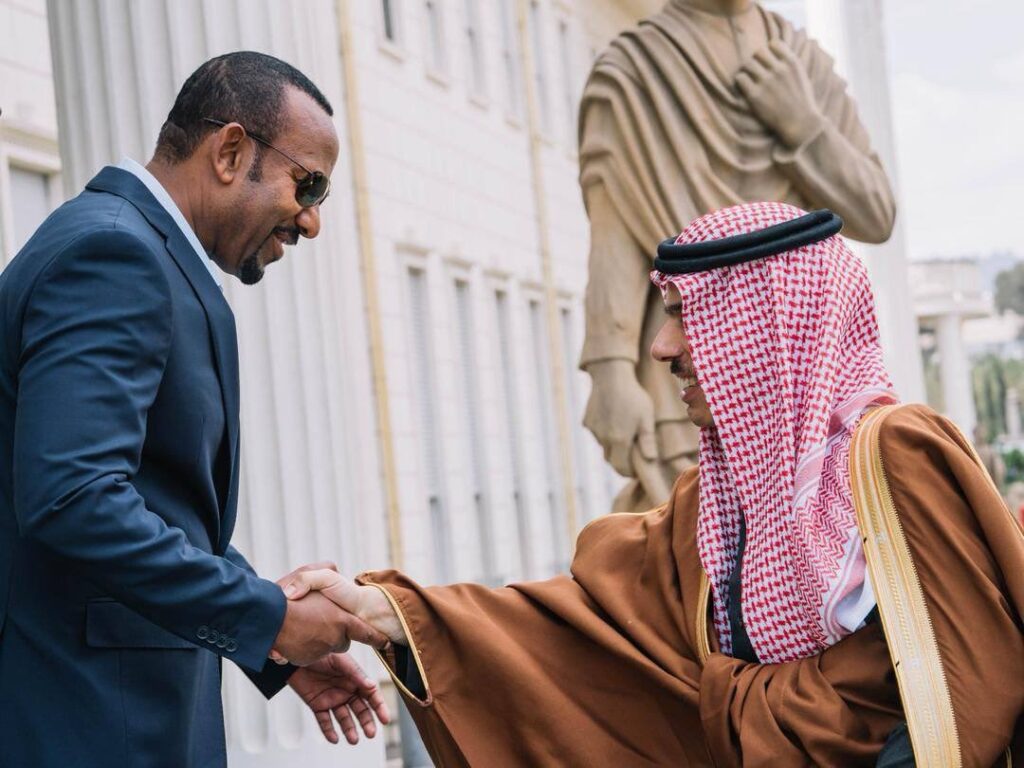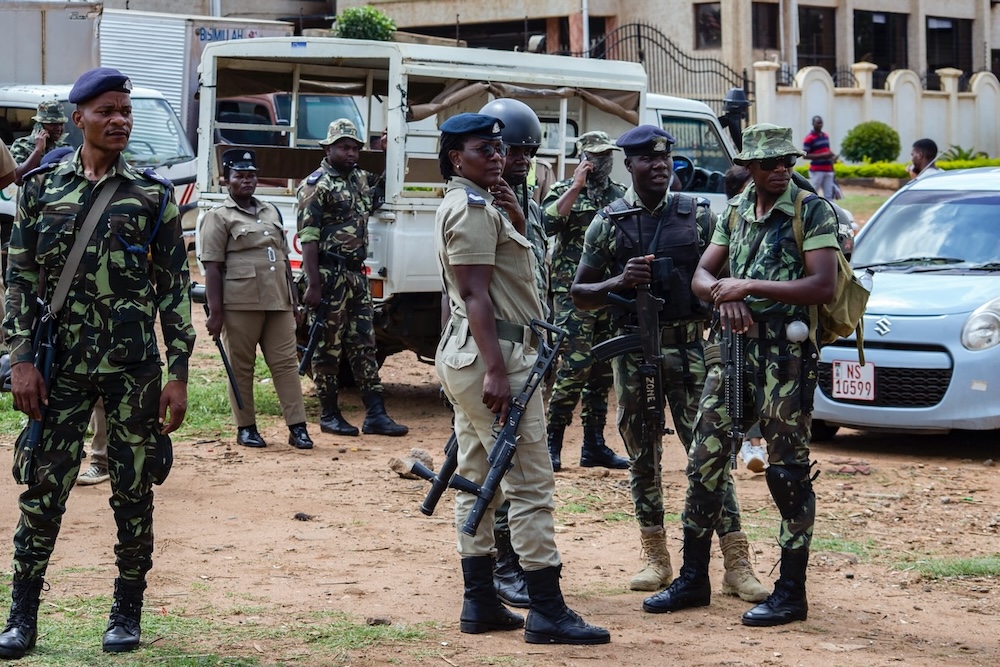
Voters in coup-prone Guinea-Bissau cast their ballots on Sunday, seeking to end years of political turbulence despite the main opposition’s exclusion from the race. About 860,000 citizens were eligible to choose among 12 presidential hopefuls, with stability dominating concerns after decades of crises and repeated coups since independence in 1974.
President Umaro Sissoco Embaló, 53, is widely expected to secure a first-round victory, which would make him the first leader to win a second consecutive term under the multiparty system.
Many voters called for improved living standards, with demands for stronger healthcare, education, infrastructure and broader economic opportunities. The country’s 2.2 million people also voiced hopes for more jobs and decisive reforms to curb poverty, corruption and entrenched drug trafficking.
Polling stations closed at 5 p.m. without major incidents, and initial results are expected by Thursday, according to electoral officials. Turnout reached just above 65 percent, a decline from the 73 percent recorded in 2019, though authorities praised the peaceful conduct of the vote.
Young graduate Danaya Diatta said she felt proud to fulfil her civic duty, describing her vote as a step toward a better future. Guinea-Bissau remains one of the world’s poorest nations, with nearly 40 percent of its population living in extreme poverty.
Longstanding instability has fuelled its role as a transit hub for cocaine shipments moving from Latin America to Europe. Voter Alamar Bidinthile said he cast his ballot for “change” and “stability,” echoing frustrations shared widely across the country.
Embaló urged citizens to participate in large numbers and cautioned rivals against announcing unofficial results. His main challenger is Fernando Dias, backed by the influential PAIGC opposition party, which was barred from the ballot for the first time in national history.
The Supreme Court disqualified PAIGC and its leader, Domingos Simões Pereira, ruling that their applications were filed after the deadline. The opposition condemned the decision as political “manipulation,” insisting Embaló’s mandate expired in February.
Experts warned tensions could rise after the vote, noting past disputes that triggered months of stalemate. More than 6,700 security personnel, including ECOWAS forces, were deployed as borders and airspace remained sealed throughout Sunday.




